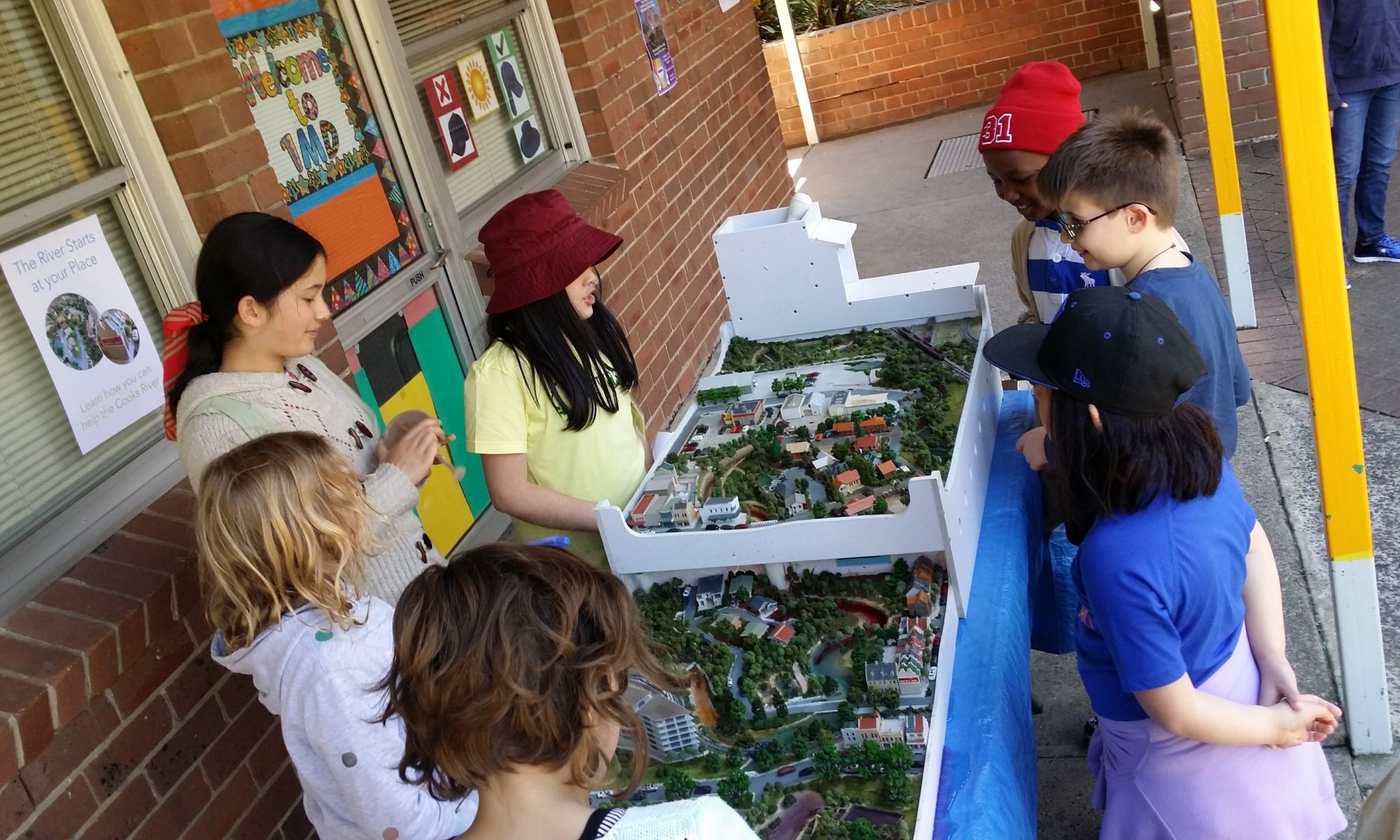Vision:
To engage communities in advancing understanding around landfill and environmental sustainability
Values
- Fostering of social change on environmental issues;
- Use of sustainability principles;
- Inclusive, democratic, collaborative and empowering approaches;
- Use of holistic, integrated and global perspectives;
- High ethical standards;
- Evidence based practice; and
- Develop culturally appropriate communication strategies to improve internal and external communication.
Strategic Priorities
- Develop an active communication strategy to implement Unwaste objectives
- Strengthen unwaste identity as a profession to project a shared narrative.
- Identify and connect with others to create pathways for a sustainable future.
Goal
Unwaste is aimed at engaging community members in preventing landfill by increasing awareness of waste. It aims to build a more sustainable environment by including school families, who are from marginalised backgrounds. Unwaste challenges common waste management and consumption habits and destigmatises the notion of sharing and reusing used objects. Unwaste is aimed at engaging school communities in reducing landfill in order to decrease greenhouse gas emissions to build a more resilient and sustainable environment.Unwaste aims to tackle waste management by enabling diverse school families in waste awareness, prevention, and recycling.
Rationale
Australians generate an average of 2 tonnes of waste per year per person and currently only 58% is recycled. The remaining 42% becomes landfill. While recycling ratios are increasing, waste generation from increasing consumption has also increased. This means there is no less waste than before organised recycling started. At the same time, it has become more complex and challenging to harvest recyclable components from waste.
Partners


